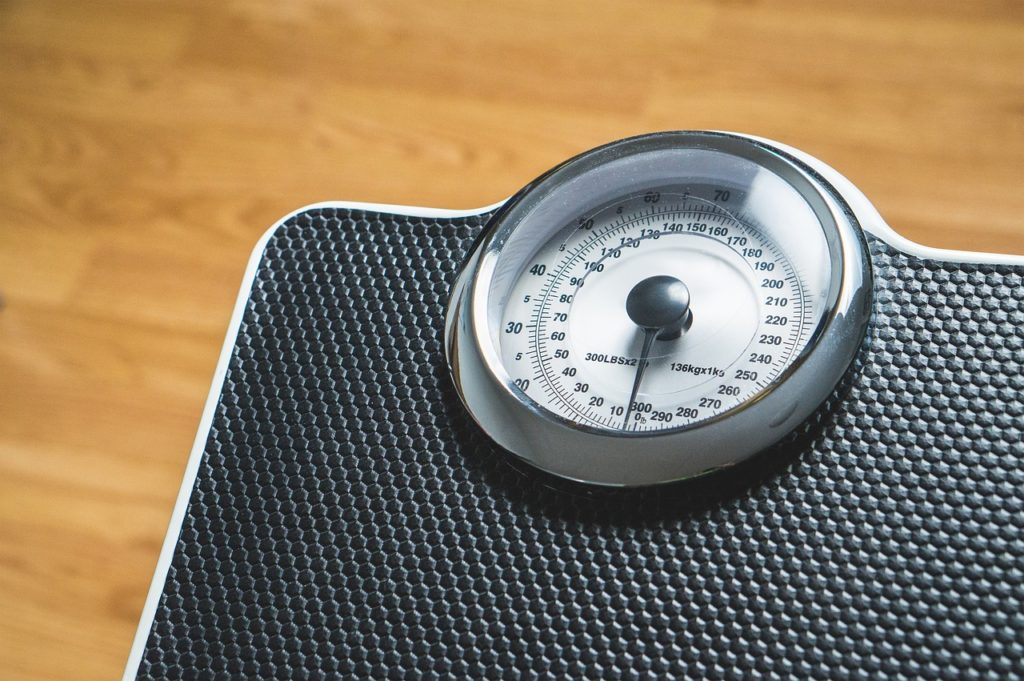
We are pleased to interview Carolyn Dukarm, M.D.for this post. Dr. Dukarm is founder and director of the Center for Eating Disorders, which is an outpatient treatment center that specializes in the overlap between disordered eating symptoms and attention problems.
Edge: It’s surprising to find out that people with ADHD are prone to obesity. Why do you think that’s true?
Dr. Dukarm: Both ADHD and eating disorders tend to cause individuals to be disconnected from their internal cues. Those with ADD are easily distracted and may miss a meal; then, they feel ravenous and are at risk for binge eating. Hunger and satiety cues are often misinterpreted. Restricting eating when hungry, and binge eating beyond fullness, temporarily destroy the communication between the stomach and the brain. Scheduling meals can help with this, but for people with ADHD the task of scheduling meals can be challenging.
Edge: Can you speak to the reasons for how impulsive eating by girls and women with ADHD turns into an eating disorder?
Dr. Dukarm: Several key characteristics of ADHD can contribute to the development of an eating disorder. Individuals with ADHD exhibit impulsivity (which can result in impulsive binge eating), distractibility (and, therefore, a tendency to often be distracted by thoughts of food and body image), and poor attention and organizational skills (leading to difficulty following a meal plan.) Impulsivity can cause binge eating, poor food choices, use of food as a reward, out of control eating and self-medication with food (specifically carbohydrates.) Distractibility can lead to binge eating because of difficulty following a meal plan, trouble estimating portion size, a persistent internal “running conversation” regarding food and weight and stimulation-seeking behavior through food. In addition, poor attention and concentration can decrease awareness of internal cues including hunger/ satiety and contribute to unstructured eating.
Edge: What do you mean when you say some people self-medicating ADHD symptoms with food?
Dr. Dukarm: Sugar and high glycemic carbohydrates can temporarily increase the neurotransmitter, serotonin, and therefore can create a temporary feeling of calmness or a decrease in anxiety. However, due to the effects of low-glycemic carbohydrates on blood sugar, these feelings are only temporary and soon result in a paradoxical reaction of increased restlessness and irritability when blood sugar levels decrease. In addition, this paradoxical reaction can cause an increased craving for sugar, contributing to the cyclic pattern of binge eating.
Edge: What are some healthy eating habits that may be obvious to everyone else that ADHD women and girls have to learn the hard way?
Dr. Dukarm: Meal planning does not come naturally to most people, especially those with ADHD and some people with eating disorders. However, without some amount of pre-planning meals for the day, the risk of binge eating increases. Therefore, temporarily eating in a more “mechanical” fashion (by your watch, not your stomach) while becoming more in tune to internal cues can re-establish this feedback loop and break the starvation/binge eating cycle.
Having the right foods, in the right place, at the right time decreases impulsive eating. Structuring eating is essential for people with ADHD and eating disorders, providing a framework for feeling safe at meals. Structuring and planning meals actually decreases the amount of time spent thinking about food. It is important to be realistic and make sure your meal plan can actually be carried out given your schedule on a specific day.
The following suggestions may help to develop a beneficial plan:
- Eat every 3 to 4 hours. Eating every three to four hours stabilizes blood sugar and prevents hypoglycemia (low blood sugar). Hypoglycemia is a common trigger to binge eating, because low blood sugar can result in a paradoxical reaction of carbohydrate craving. In addition, eating small, frequent “mini-meals” throughout the day stimulates your metabolism and digestion.
- Set specific times to eat. Pre-determining times to eat, i.e. every four hours, can actually decrease the potential of feeling overly hungry and thereby reduce the risk of binge eating.
- Set specific amounts to eat. Pre-determining how much to eat and when to eat it can prevent the pattern of hoarding food until late in the day, a common trigger for binge eating. Pre-determining portions often serves as a way to maintain a sufficient intake until hunger and satiety cues are reestablished.
- Enhance the quality of your nutritional intake. Balancing adequate quantity of protein, carbohydrates and fat at every meal and snack will significantly affect appetite, cravings, binge eating, mood and attention. In addition, choosing high quality proteins, low-glycemic carbohydrates and quality fats will lead to further improvement in appetite and attention.
Edge: Can you point us in the direction of any research studies or books on this topic for parents or professionals to learn more about this important issue?
Dr. Dukarm: In my book Pieces of a Puzzle: The Link between Eating Disorders and ADD, I include sections for individuals, as well as specific information for professionals who treat eating disorders or ADHD. Several peer-reviewed journals, including the Journal of Women’s Health and the Journal of Abnormal Psychology have published articles on the overlap of these disorders.



Kelsey
I think this interview is so interesting, I have found in my experience that I like to pack my lunch and snacks with me for the day. Then I know I have enough food to keep my full and I dont waste time thinking about what I’m going to eat and then making bad decisions.
outpatient
This website was… how do I say it? Relevant!! Finally
I’ve found something which helped me. Kudos!
Untreated ADHD = Lifelong Risks | ADHD Coaching: Edge Foundation
[…] ADHD & Obesity […]